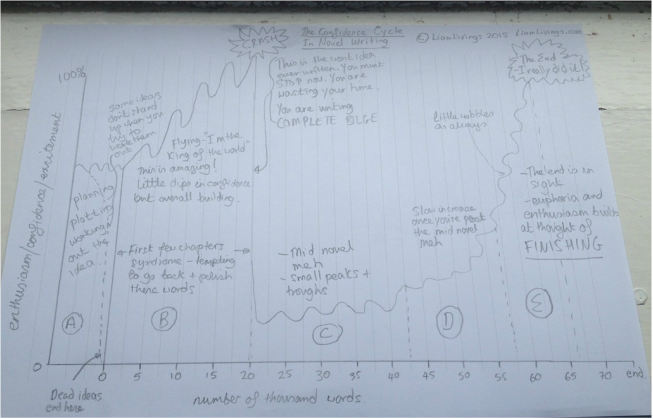Why did I do this?
Because I'm an old romantic at heart. Because I love a happily ever after. And because some of my favourite films are rom-coms, and I was hoping to add some more to my list of all time favourites. I keep hoping for another 4 Weddings and a Funeral, Notting Hill, Playing By Heart, Overboard, Mannequin, Dirty Dancing, Eat Pray Love – you get the picture.
The results were mixed.
Buster
Julie Walters and Phil Collins are Mrs Edwards and Buster Edwards, one of the robbers from the great train robbery of 1963. I've watched a few dramatisations of this story – Mrs Biggs, The Great Train Robbery, and I've loved all of them. This was no exception. Although it didn't focus in great detail on the train robbery itself, but for me, that was the backdrop to the film. There was a very young looking Larry Lamb (EastEnders and Gavin and Stacey) and Sheila Hancock playing Julie Walters' mum, in all her south London glory. The real story was about the romance shown by the good chemistry of Collins and Walters. Honestly, I'd watch Julie Walters putting on her make up and brushing her hair, she's so wonderful at portraying characters. The sad part was how Buster robbed the bank and couldn't spend any of the money in the UK, so they emigrated to Mexico where they lived like kings. But poor Mrs Edwards just didn’t enjoy it. Christmas dinner, sun blazing as they carve the turkey and Buster says what more could anyone ask for than all that, with the sun. Walters stares out the window and says, 'Snow and sleet, ice, London, and the boozer.' Which, as someone who spent last Christmas on a beach, I tend to agree with. Christmas in the sun just ain't right. The ending is so romantic, showing how much Buster loves Mrs Edwards. OK, so it probably wasn't 100% factually accurate, and OK so it didn't show much about the robbery itself, but if you want total accuracy there's a thing called a documentary. I wanted romance and this is what I got.
Fool's Gold
Matthew McConaughey – amazing in Dallas Buyers club and beautiful to look at in Magic Mike - and Kate – daughter of Goldie Hawn so therefore I LOVE HER – Hudson. So far so great. Rekindling of married couple's romance. Good. This is why I'd 'taped' it. However, once I started watching it was all over the place. Sometimes it was a romance, sometimes it was a trying to be a James Bond / Mission Impossible action film. Sometimes I completely lost the plot of what was meant to be going on and the plausibility of the plot made Death Becomes Her look like a documentary. The ending was happy, so that was something. And sadly, McConaughey's chest and Hudson's ditzy wide eyed performance, both normally enough to keep me engaged, couldn't over-come the what the actual fudge plot.
The Vow
Rachel McAdams, tick. Channing Tatum, tick. Less than two hour running time, tick. Based on a true story, tick. This had it all going on for me before I'd even started watching it. The beginning was all very smooth, and I was waiting for the inciting event, and them BOOM it hit. I. Was. In. Bits. Ten minutes in I had to pause for crying so much. I love a film or book when it makes me cry. Channing Tatum walks about in only a pair of tracksuit bottoms. Just putting that out there. There's mysterious family back story, slowly revealed. There's evil exes. And the ending. It was perfect romance film as far as I'm concerned. Not an awful lot of comedy, enough, touches, so probably not officially a rom-com, but whatevs. I loved it. Added it to my favourites list.
Leap Year
I really wanted to like this film. It had so much promise, but after the initial set up it just rollocked along and lost its way. Even an old Renault 4 couldn't maintain my interest. I watched 30mins then skipped 10 mins from the end to check what I hoped would happen did happen. It did. So it gets an ok rating for the good ending and the good start, and the Irish lead, Matthew Goode was pretty easy on the eye. And there was some evil boyfriend / oh sh*t moment too. But it could have done with a good 25mins being cut in the middle.
So what have all these got in common?
Happy endings. Love and romance. And the ones I enjoyed most had believable well-rounded characters portrayed by brilliant / beautiful actors.
I like to write a happy ending too for at least *most* of my characters anyway! The ones who deserve it.
What do you look for in a romance film/book?
Liam Livings xx

 RSS Feed
RSS Feed
